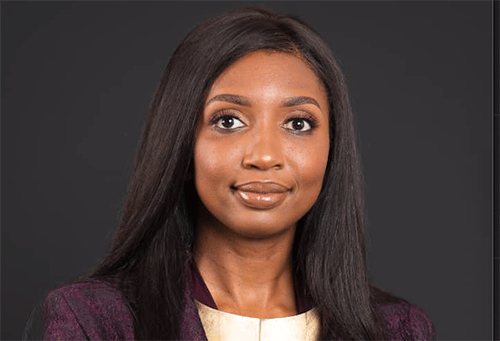Morna Ikosa
There is a need to adopt radical post-development practices, which will serve as an alternative approach to the Sustainable Development Goals (SDGs) for Africa. These approaches should serve the interests of indigenous people and global south countries, whose needs are often not considered in the SDG discourse.
Although the SDGs have been one the most accepted and adopted development frameworks across the world, the goals have not yielded many results for Africa as reflected in the United Nations (UN) SDGs report of 2022.
Thus, there is a need to revisit and modify ancient worldviews, old traditions and practices, like Ubuntu, Swaraji and degrowth approaches, to solve the escalating global south social, economic and environmental issues.
Unlike the top-down approach that the SDGs ascribe to, the post-development theories are inclusive and seek to first create radical change from a local level and promote values of interconnectedness, dignity of labour, solidarity and respect for all life and the environment.
Timothy Luke, a professor of political science, noted that SDGs are constructed from a Western hegemony development model, which places high value on economic growth and capitalism. This type of model comes into conflict with African worldviews on development that place value on people and the environment.
The SDGs have led to global environmental degradation due to major economies’ pursuit of consumerism and industrialisation.
However, the post-development theory of Swaraj, for example, can provide solutions to climate change, biodiversity and ecological challenges, and any other matters related to the environment.
This worldview respects planetary boundaries and acknowledges that species have rights and should not be exploited.
It also believes in values such as social justice and equity.
Swaraj’s approach is more inclusive, as it empowers people to be part of the decision-making process and considers the physical, spiritual, cultural and intellectual aspects of a human being in relation to the decision taken.
Although SDG 13-16 encompass similar values, there has not been much progress on these goals as highlighted in the UN SDG report of 2022.
The degrowth approach is another development worldview that should be widely adopted in development discourse that seeks to solve African issues.
In essence, the approach believes humans can have a good life with fewer things, and that economic growth is not the solution to all the world’s problems.
Bendell, a scholar, echoed similar sentiments when he noted that the “spiral of self-destruction, caused by the SDGs, can only stop if nations drop their allegiance to economic growth”.
Lastly, the degrowth approach at its core believes countries should move from linear economic models and adopt more circular economic models.
This approach also calls for industries to reduce consumption and production, and find innovative solutions to solve problems.
Scholars such as Federico Demaria and Ashish Kothari have done numerous works on developing degrowth approaches and alternative development models that our policymakers can explore.
Although these post-development theories and degrowth approaches can provide tangible solutions to African issues, there are no sufficient funds allocated to implement the post-development activities that will foster the change desired.
Equally, countries that adapt these approaches might not have the political muscles to fight against powerful and well-funded countries in the global north.
Therefore, global south countries need to be intentional and stand together to fund and support alternative post-development frameworks that will empower and transform Africa.
* Morna Ikosa is a seasoned communications & stakeholder engagement consultant with a specific affinity for sustainable development. She is a certified workplace violence and sexual harassment expert. Find her on LinkedIn or email her at micommunicationscc@gmail.com


